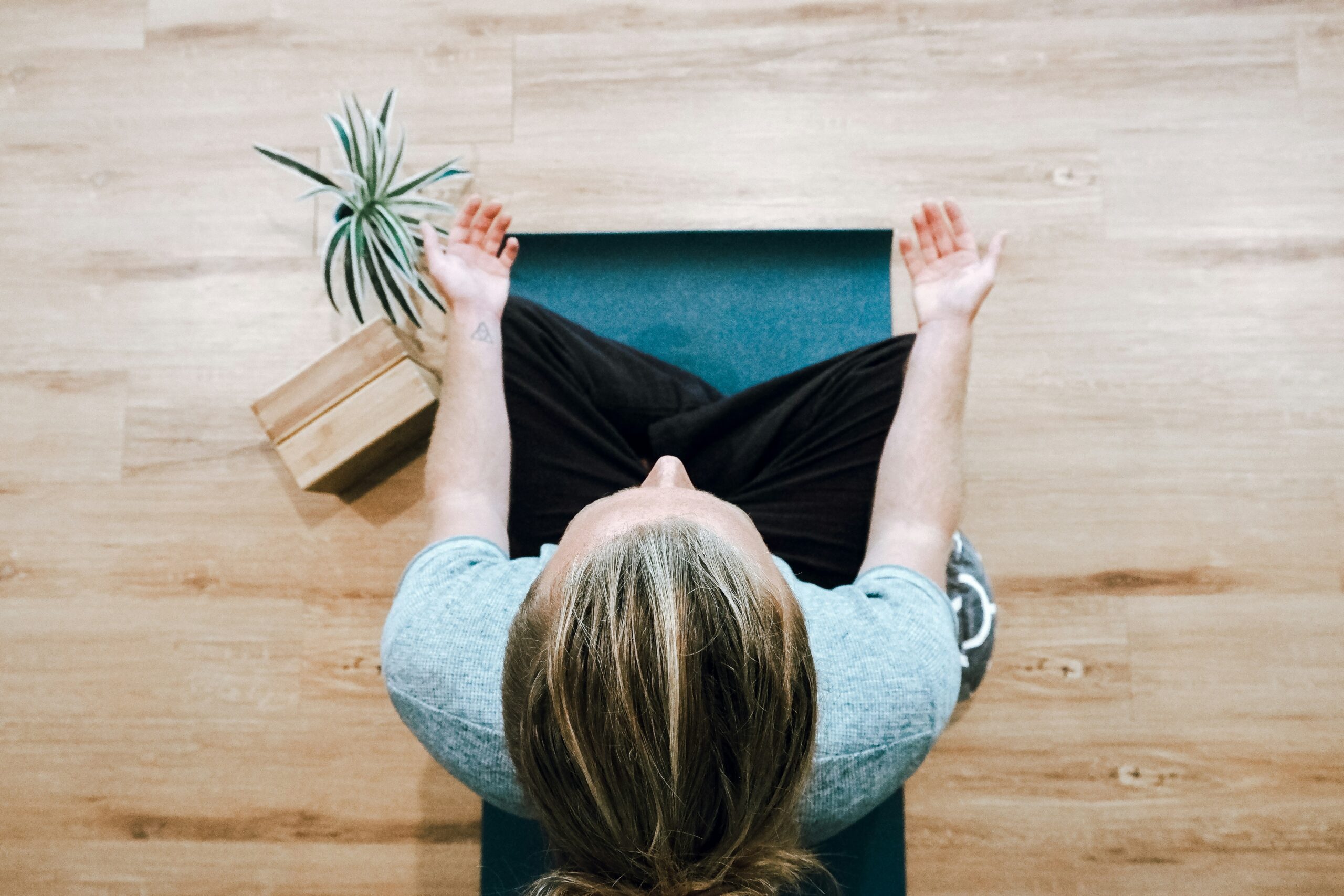Amidst the fast-paced demands of modern life, maintaining mental wellness has become a priority for many. Mindfulness, once a practice rooted in ancient traditions, has found a significant place in contemporary mental health discussions. This article explores practical mindfulness techniques that can enhance daily well-being, backed by expert opinions and recent studies.
Understanding Mindfulness
Mindfulness involves a conscious focus on the present moment while calmly acknowledging and accepting one’s feelings, thoughts, and bodily sensations. It’s a therapeutic technique used to prevent and treat conditions like anxiety, depression, and stress. The growing body of research supporting mindfulness makes it a valuable tool for mental health maintenance, suitable for people of all ages and backgrounds.
Key Mindfulness Practices for Daily Routine
Integrating mindfulness into your daily routine doesn’t have to be a time-consuming process. Here are three simple, yet effective, practices that can be seamlessly added to your daily schedule to improve mental clarity and reduce stress:
- Deep Breathing Exercises: Start or end your day with five minutes of deep breathing. This simple practice can significantly reduce stress levels, enhance oxygen circulation, and clear the mind.
- Guided Meditation: Utilize apps like Headspace or Calm for 10-minute guided meditation sessions. These are designed to aid relaxation and mental clarity, making them perfect for beginners or busy professionals.
- Mindful Walking: Turn a regular walk into a mindfulness exercise by focusing on the sensation of your feet touching the ground, the rhythm of your breath, and the sights and sounds around you. This practice helps anchor you in the present moment.
Incorporating Mindfulness into the Workplace
Mindfulness can also play a crucial role in enhancing workplace environments. Here are two practices that can improve focus, productivity, and interpersonal relationships among colleagues:
- Mindful Listening: During meetings, focus fully on the speaker, which enhances communication and reduces misunderstandings. This practice also helps in developing patience and empathy within team dynamics.
- Mindful Breaks: Instead of scrolling through social media during breaks, try a short mindfulness exercise. Even a few minutes of stretching or mindful breathing can reset your energy levels and increase productivity.
The Impact of Mindfulness on Long-Term Mental Health
Regular mindfulness practice can lead to profound changes in various aspects of psychological well-being. It can decrease the prevalence and severity of mental health symptoms, enhance emotional resilience, and improve overall life satisfaction. Moreover, mindfulness can alter brain regions related to memory, empathy, and stress regulation, as evidenced by neuroimaging studies.
Expert Opinions and Case Studies
Mental health professionals advocate for the integration of mindfulness into daily routines. Case studies, such as those in corporate settings where mindfulness programs have led to reduced employee stress and burnout, underscore its effectiveness. Additionally, personal stories from individuals who have turned to mindfulness in times of crisis can be particularly compelling.
The Role of Mindfulness in a Balanced Lifestyle
Incorporating mindfulness into one’s lifestyle is about creating balance. It’s not just a practice but a way of living that emphasizes awareness and acceptance. By regularly engaging in mindfulness exercises, individuals can better manage stress and lead more fulfilling lives.
Feature Photo by Katerina May on Unsplash


Leave a Reply